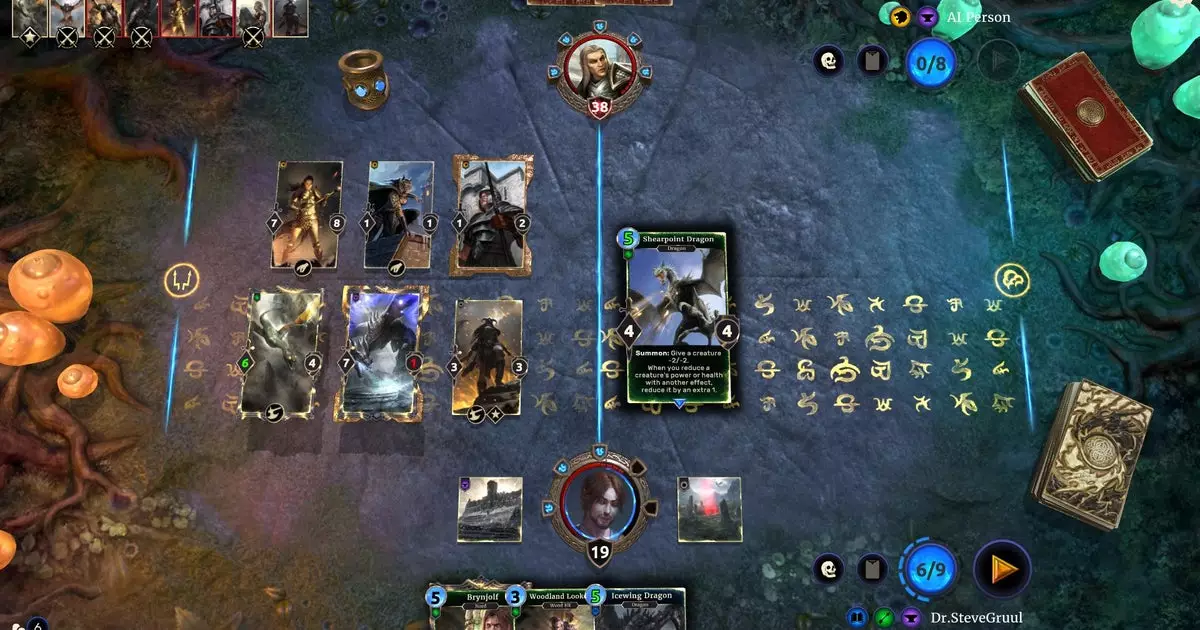The realm of digital gaming is rife with transformative experiences, each offering a unique possibility for engagement and strategy. Among these was *The Elder Scrolls: Legends*, a card game steeped in the rich lore of Bethesda’s acclaimed fantasy universe. Unfortunately, the game is set to fade into obscurity, as its removal from the Steam store and the impending shutdown of its servers on January 30, 2025, signal the end of this chapter for both players and developers alike.
The demise of *Legends* comes five years after its last significant update, a move that underscores the precarious nature of free-to-play and live-service games. While the gaming industry has witnessed great success stories, many titles, including *Legends*, find themselves on the opposite side of fortune. One could argue that the game, despite its initial promise and unique mechanics—particularly its innovative rune system—never reached the intended heights of popularity and engagement. This challenges us as consumers to consider why some games flourish while others falter.
The surge of market saturation with similar offerings, including the juggernaut *Hearthstone*, may have contributed to *Legends*’ inability to carve out a larger niche. Critics pointed out its value yet remarked on the overshadowing allure of competitors that continuously draw players’ attention. It appears that even a well-designed game can struggle to maintain its user base amidst a flood of alternatives.
The server shutdowns exemplify a larger, troubling trend within the gaming industry. When live-service games end their lifecycles, the complete erasure of the experience leaves loyal players disheartened. The absence of offline capabilities means countless hours dedicated to mastering strategies and building collections effectively vanish—this is not merely a loss of a game but a dismissal of the community that supported it. The sentiment expressed by critics regarding this topic is one of frustration, as it raises the question: do publishers truly respect and value their audiences?
Moreover, this shift in gaming culture poses profound implications for the future of game development. The precedence of short lifespan for many titles may discourage investment in future projects, particularly those with substantial narrative depth. The concern lingers that, without a sustainable model, we may witness a continual cycle of launch, follow-up, and then an inevitable retirement of games—each cycle a brief flicker rather than a lasting glow.
As *The Elder Scrolls: Legends* prepares to take its final bow, it serves as a pivotal reminder of the fleeting nature of some gaming experiences. The profound dedication from developers and players should not be brushed aside as games fade; rather, this spot in gaming history calls for reflection. The industry’s ability to adapt, innovate, and honor the ecosystems it creates for players is critical, not only for the longevity of individual titles but for the health of gaming culture as a whole. In an age where player engagement is paramount, it is essential to ensure that every contribution to the gaming world is valued, preserving the rich tapestry of experiences for generations to come.

